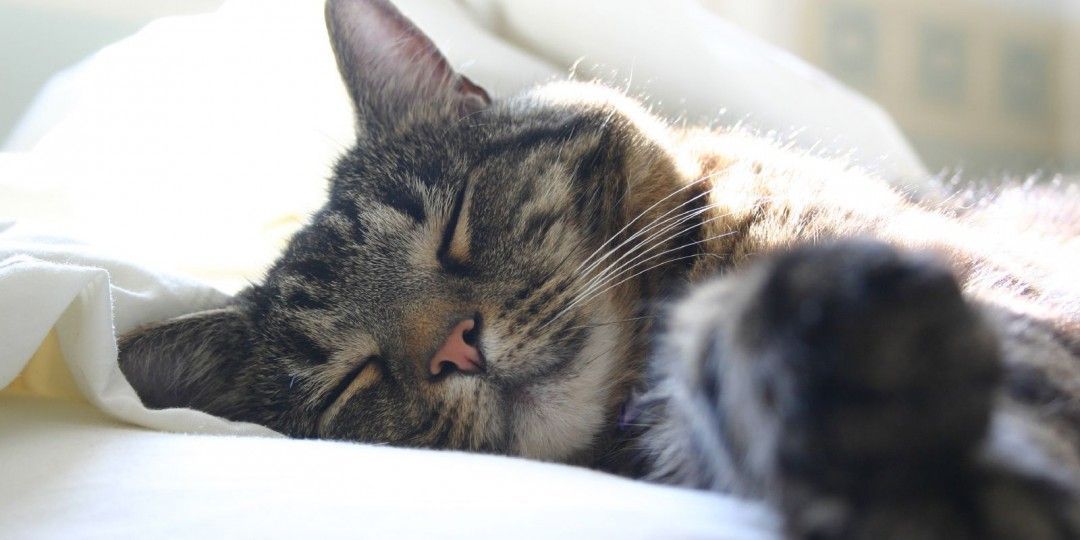How Do I Calm My Anxiety?
Everybody experiences anxiety occasionally. The occasional feeling of worry is a typical response to not knowing what will happen next, whether it be in a few minutes, days, or months.

There are many strategies to immediately reduce your anxiety. Here are some recommendations that you may find useful:
Control Your Breathing:
Poor breathing practises are frequently associated with severe anxiety symptoms. The answer lies in controlling your breathing, and it's not what you might expect. Even if it seems impossible, you should actually slow down and lessen your breathing rather than trying to breathe faster or deeper. Breathe more steadily and slowly, adopting the following technique: For 5 to 7 seconds, inhale slowly and gently via your nostrils. Hold the position for three to four seconds. For around 7 to 9 seconds, gently and slowly exhale through pursed lips to simulate whistling. Ten to twenty times should be done this workout
Talk to Someone Friendly:
Talking to someone you like and trust is another really successful strategy. Don't be embarrassed to express your fear; tell them you are worried and describe your feelings. Talking to good, understanding individuals helps you forget about your symptoms, and your friends' and family's encouragement adds to your sense of self-assurance.
Try Some Aerobic Activity:
Your body produces a lot of adrenaline when you're anxious. A wonderful technique to reduce anxiety is to use that adrenaline for aerobic exercise. There are many benefits to exercise for managing your anxiety symptoms: Exercise generates endorphins in the brain that can enhance mood; Exercise is connected to improved breathing; Exercise burns off stress chemicals that cause anxiety symptoms; Exercise wears out your muscles, lowering surplus energy and tension; Exercise is a healthy distraction.
Avoid caffeine:
It is commonly known that caffeine causes anxiety. But for some individuals, consuming coffee has become such a habit that they frequently lose sight of their sensitivity to it.
Avoid alcohol:
You could feel the need to have a drink to help you relax if your anxiety symptoms are particularly intense. Despite the fact that it might be effective in the short term, alcohol actually alters the levels of serotonin and other neurotransmitters in the brain, worsening your symptoms.
Write it out:
Not knowing the source of your anxiety is among its worst manifestations. Even if you're relaxing on a beautiful beach with the sound of the waves lapping in the background, you could still feel anxious.
These are essentially a few ideas that could assist you in reducing your anxiety swiftly. It's critical that you stop allowing the symptoms to control your life indefinitely. If you find that these suggestions are ineffective for you or if your anxiety is really bad, get professional assistance from a therapist or counsellor who can offer you more individualised care.






